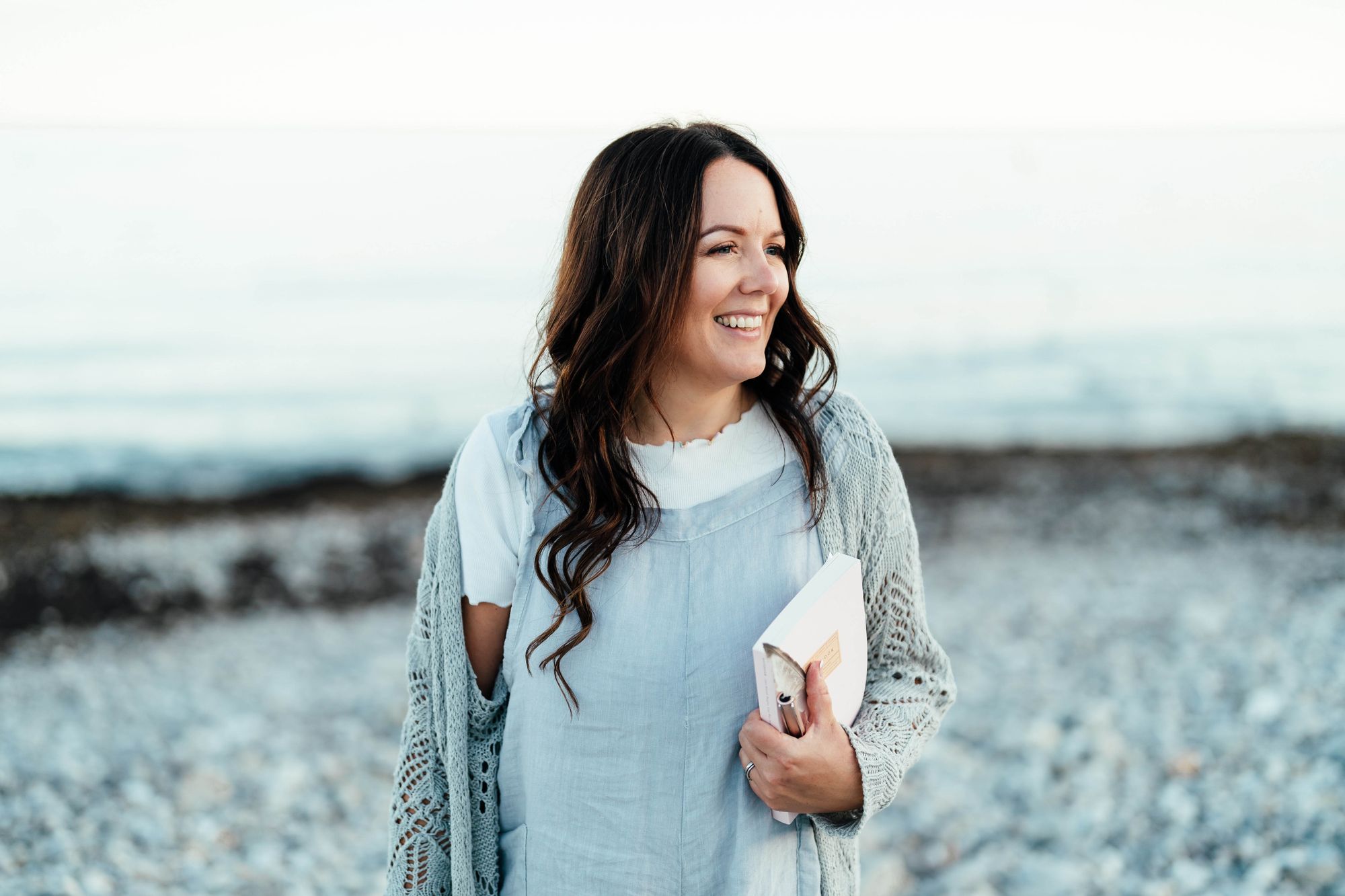Write Now With Beth Kempton
Today's Write Now interview features Beth Kempton, author of THE WAY OF THE FEARLESS WRITER and creator of The Fearless Writer Podcast.
This post is only for subscribers.
Already have an account? Sign in
Subscribe to new posts